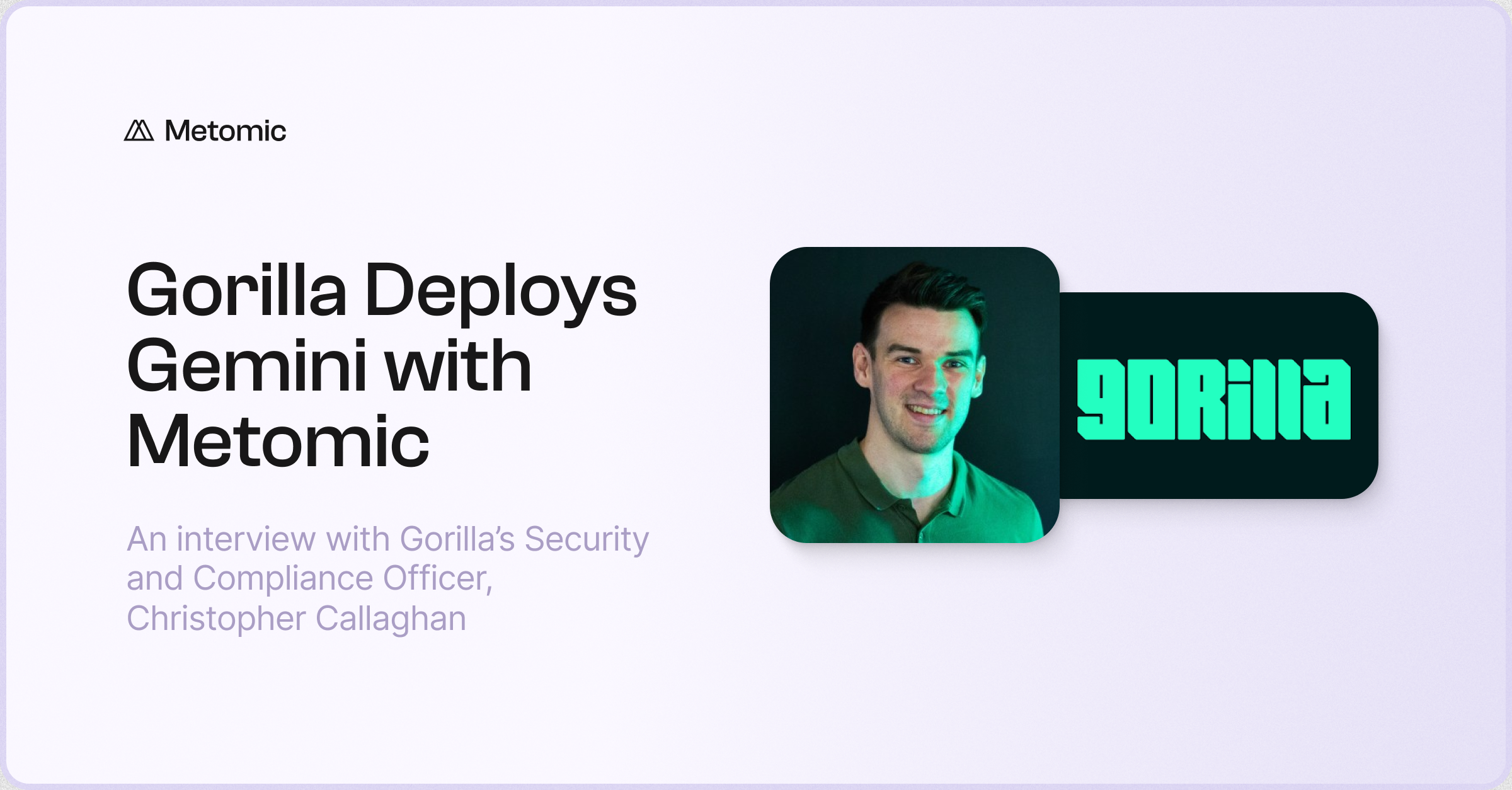August Product Update 2024
August at Metomic has seen the introduction of new features that make it easier to find the risks that matter to you

August Product Update 2024
August at Metomic has seen the introduction of new features that make it easier to find the risks that matter to you

August at Metomic has seen the introduction of new features that make it easier to find the risks that matter to you, with advanced filters and a content preview within the Metomic dashboard.
Introducing Advanced Filters
Previously, users could only search for assets using a combination of filters with AND logic, which could be limiting. This is why we've introduced Advanced Filters, where customers can use both AND + OR logic, offering much greater flexibility.
Advanced Filters give Metomic users more control over searches, making it easier to find the risks that matter to your business. For instance, it's now simple to locate assets that were created by a certain group AND contain a specific classifier like PII.

Content Preview within the Metomic dashboard
We’ve introduced Content Preview for non-file assets, allowing Metomic users to view sensitive data points without redaction.
Previously, customers had to access the specific SaaS app to preview a detection. Now, you can directly “preview” detections in the Metomic dashboard to quickly validate potential risks, without needing to jump between platforms.
This feature is now available for non-file assets, including:
- Messages in Slack Enterprise
- Tickets and comments in Zendesk
- Most entities in Salesforce

Metomic's Hot Take
A recent decision by Dutch authorities to fine Uber €290 million for illegally transferring sensitive driver data to the United States has highlighted ongoing concerns about the handling of personal data by global tech companies, particularly when it involves cross-border data transfers that may not comply with local regulations.
The data in question includes details about drivers and their operations in the Netherlands, which were reportedly shared with US-based entities without proper legal authorisation under the EU's stringent data protection laws, specifically GDPR.
This fine is a significant step in enforcing data protection laws and serves as a critical reminder to global corporations that compliance with regional data protection regulations is non-negotiable. Companies must establish data governance frameworks that respect the privacy rights of individuals, regardless of the operational pressures they may face across different jurisdictions.
This case could set a precedent for future enforcement actions and might compel companies to reassess their data transfer policies to avoid similar penalties. It also illustrates the broader tension between innovation and regulation, where companies must balance their operational needs with the legal requirements of the markets they operate in. As data becomes increasingly global, the need for stringent compliance and respect for local laws will only grow.



.png)
